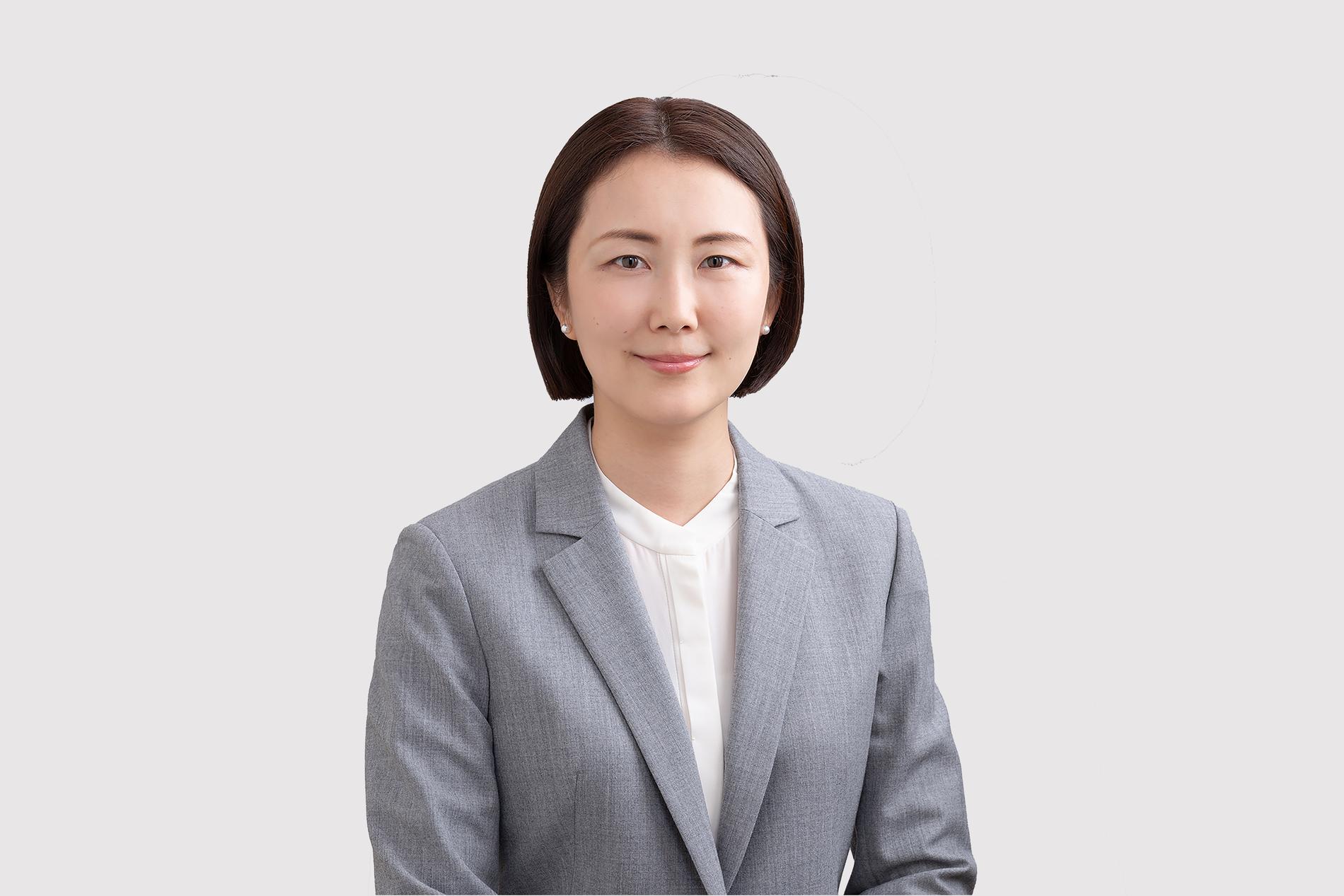ProfessorSEKI, Mai

My expertise lies in applied microeconometrics, focusing on education, labor, and development policy. By utilizing microdata at the individual and household levels, I assess the impact of policies on people's lives, contributing to evidence-based policy-making (EBPM). Recent research has focused on both developing countries (such as Bangladesh) and developed countries (such as Japan). In my previous position, I supervised master's and doctoral theses for government officials from developing countries. Moving forward, I hope to continue engaging with people from a diverse range of countries, particularly in Asia and Africa, and apply my research and teaching experiences. Together, let’s develop critical thinking and data analysis skills while exploring ways for you to make an impact in the international community!
Courses
- Introduction to International Development
- Introduction to the African Economy
- Economic Development
- Education and Economic Development in Developing Countries
- Basic Seminar
- Advanced Seminar Ⅰ・Ⅱ
- Graduation Thesis Ⅰ・Ⅱ
In the "International Development" course, students will gain an understanding of the various challenges faced by developing countries, such as poverty, education, and environmental issues, and learn how actors of international cooperation, including the Japanese government, JICA, the World Bank, and NGOs, are working to address these challenges in Japanese. In the "African Economics" course, students will explore the historical and geographical factors shaping Africa's economy and discuss key issues such as obstacles to economic growth, trade, development cooperation, and political challenges in Japanese. In "Economic Development," students will study the theories and empirical research of development economics in English, covering topics like economic growth, poverty reduction, income inequality, rural-urban migration, education, agriculture, and development policy. In "Education and Economic Development in Developing Countries," students will examine the relationship between education and economic development, addressing issues like access to education, education quality, and educational inequality in English.
Seminar
Profile
| 2025 | Professor, the Faculty of International Social Sciences, Gakushuin University |
| 2018 | Associate Professor, College of Economics and Graduate School of Economics, Ritsumeikan University |
| 2015 | Researcher, Japan International Cooperation Agency |
| 2012 | Senior Analyst, Bank of Canada, |
| 2006 | University of Wisconsin-Madison, Department of Economics, Ph.D |
| 2004 | The University Tokyo, Graduate School of Public Policy, Economic Policy Program |
| 2000 | International Christian University, College of Liberal Arts |
Fields of Specialization
Development EconomicsEconomics of EducationLabor EconomicsApplied MicroeconometricsResearch content
I primarily use microdata and economic theory to analyze the choices of economic agents (such as individuals and households) and their socio-economic outcomes. I focus particularly on policy issues related to human capital, which is addressed in labor economics and the economics of education. Additionally, I conduct impact evaluations on infrastructure. The countries, regions, and research topics I work on vary, influenced by previous workplaces, collaborations with co-authors, and access to data, but my approach consistently involves econometric analysis using causal inference methods. A key example of my work is a randomized controlled trial on learning at the right level, conducted at a primary school run by an NGO in distressed areas in Bangladesh.
Major Publications
- Seki, Mai, Masahiro Shoji, and Izumi Yamasaki. 2025. “Mother’s Late Return Home from Work, Family Relationship, and Locus of Control of Children: Evidence from Japanese Adolescents.”, Social Science Japan Journal, forthcoming.
- Ichino, Yasukazu, Kawai Toru, and Mai Seki (2025) "Practice and Evaluation of the Flipped Classroom in Large Classes at a Higher Education Institute: A case of an Introductory Economics Course," Japanese Journal of Educational Technology, 49(1), 1-18.
- Hulugalla, Niranjala, Mai Seki, Ken Yamada, and Makoto Kakinaka. 2024. “Unethical behaviours, leadership, and gender in the village development programme: the case of rural Sri Lanka.” Public Management Review, 1–34. https://doi.org/10.1080/14719037.2024.2382254
- Sawada, Yasuyuki, Minhaj Mahmud, Mai Seki, and Hikaru Kawarazaki. 2024. “Fighting the Learning Crisis in Developing Countries: A Randomized Experiment of Self-Learning at the Right Level.” Economic Development and Cultural Change, 72(4),1893-1921. https://doi.org/10.1086/725909
- Mahmud, Minhaj, Yasuyuki Sawada, Mai Seki, and Kazuma Takakura. 2024. “Self-Learning at the Right Level, COVID-19 School Closure, and Non-cognitive Abilities.” ADBI Working Paper Series, 1441. https://doi.org/10.56506/UJKO2006
- Kawarazaki, Hikaru, Minhaj Mahmud, Yasuyuki Sawada, and Mai Seki. 2023. “Haste Makes No Waste: Positive Peer Effects of Classroom Speed Competition on Learning.” Oxford Bulletin of Economics and Statistics, 85(4),755-772. https://doi.org/10.1111/obes.12545
- Seki, Mai and Eiji Yamada. 2020. “Heterogeneous Effects of Urban Public Transportation on Employment by Gender: Evidence from the Delhi Metro.” JICA-RI Working Paper, 207. https://www.jica.go.jp/jica-ri/publication/workingpaper/wp_207.html
- Cao, Shutao, Mohanad Salameh, Mai Seki, and Pierre St-Amant. 2017. “Trends in Firm Entry and New Entrepreneurship in Canada.” Canadian Public Policy, 43(3),202-220. https://doi.org/10.3138/cpp.2017-006
- Cancian, Maria, Steven Cook, Mai Seki, and Lynn Wimer. 2017. “Making Parents Pay: the Unintended Consequences of Charging Parents for Foster Care.” Children and Youth Services Review, 72,100-110. https://doi.org/10.1016/j.childyouth.2016.10.018
- Seki, Mai. 2013. “Heterogeneous Returns to College Selectivity and the Value of Graduate Degree Attainment.” Bank of Canada Working Paper, 2013-46,1-46. https://www.bankofcanada.ca/2013/12/working-paper-2013-46/
Others
2023/04/01 ~ 2026/03/31 Grant-in-Aid for Scientific Research (C) 23K01411 Principal Investigator
2020/04/01 ~ 2022/03/31 Grant-in-Aid for Scientific Research (C) 20K01668 Principal Investigator
2016/04/01 ~ 2020/03/31 Grant-in-Aid for Young Scientists (B) 16K17146 Principal Investigator
Contact

Office : South 2-408

 Japanese
Japanese

 Contact Us
Contact Us